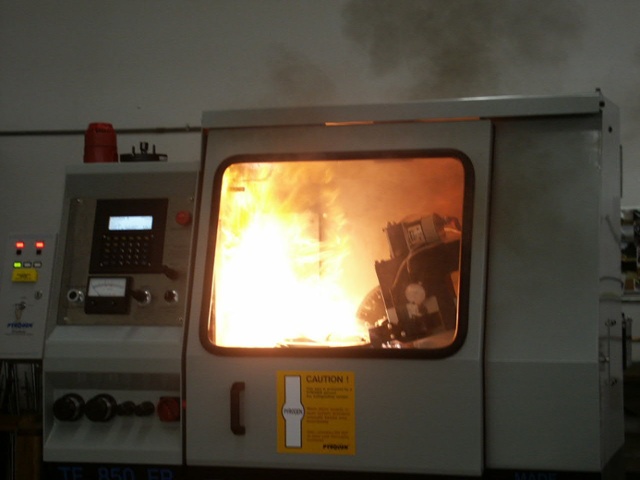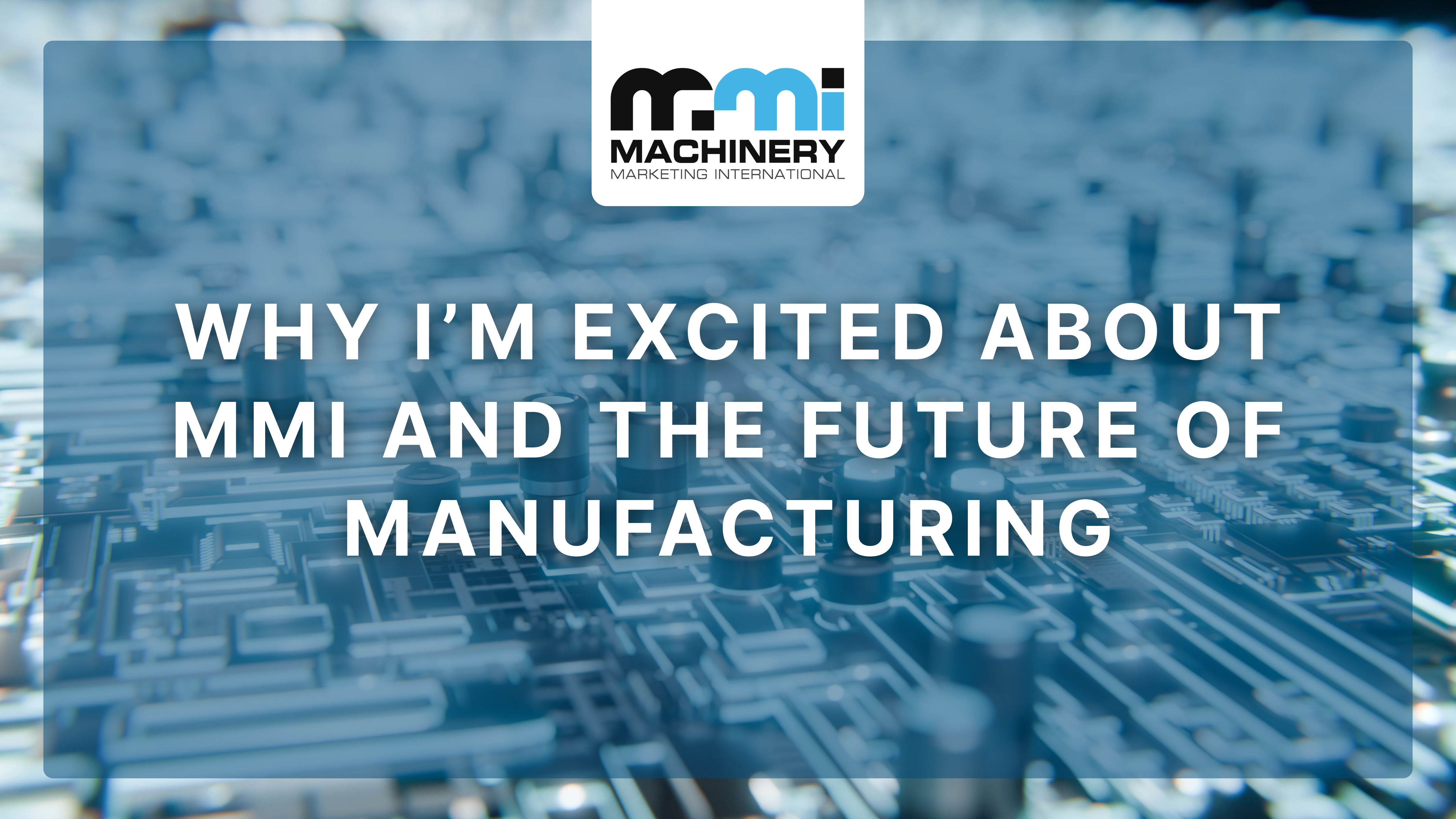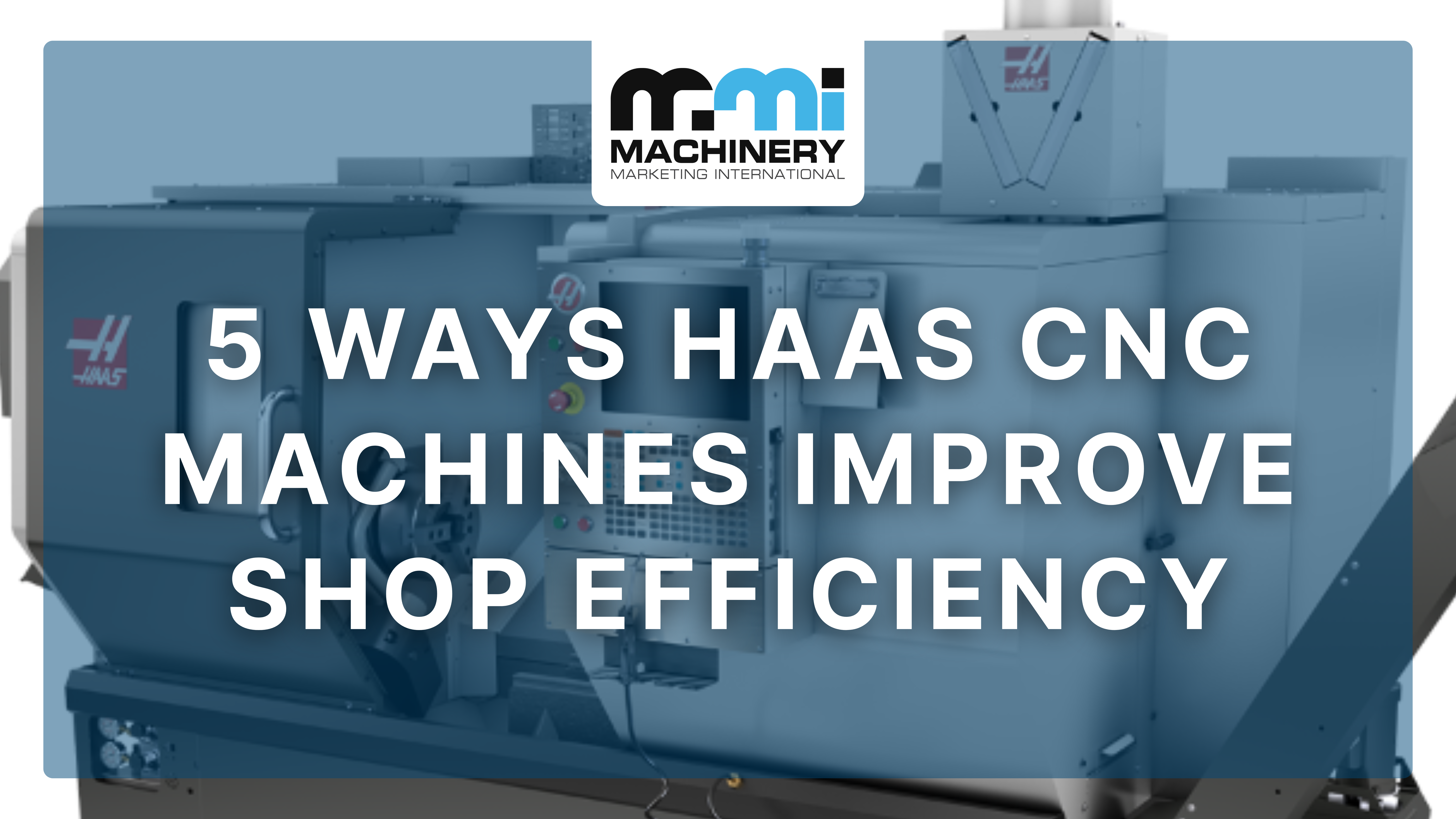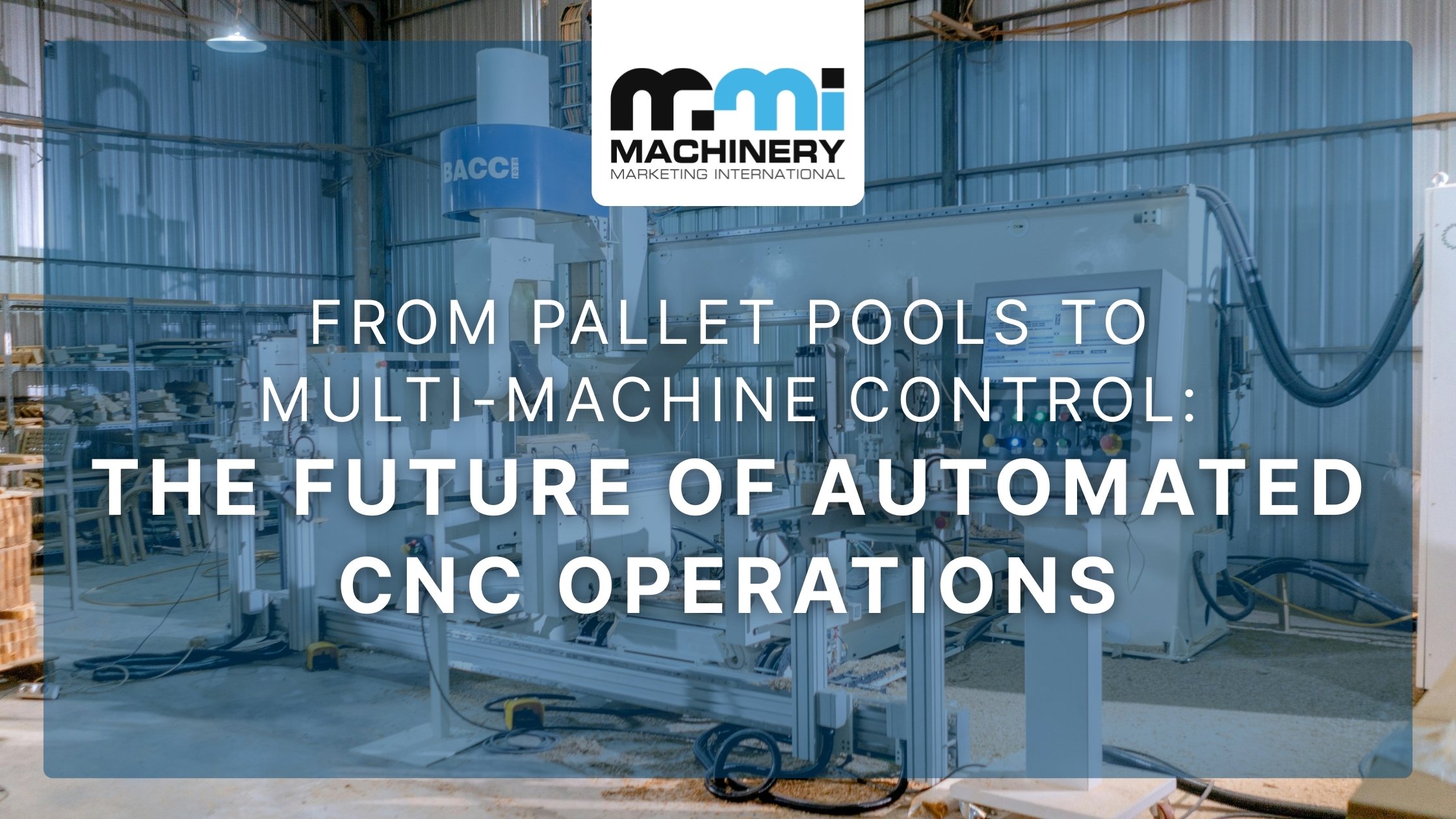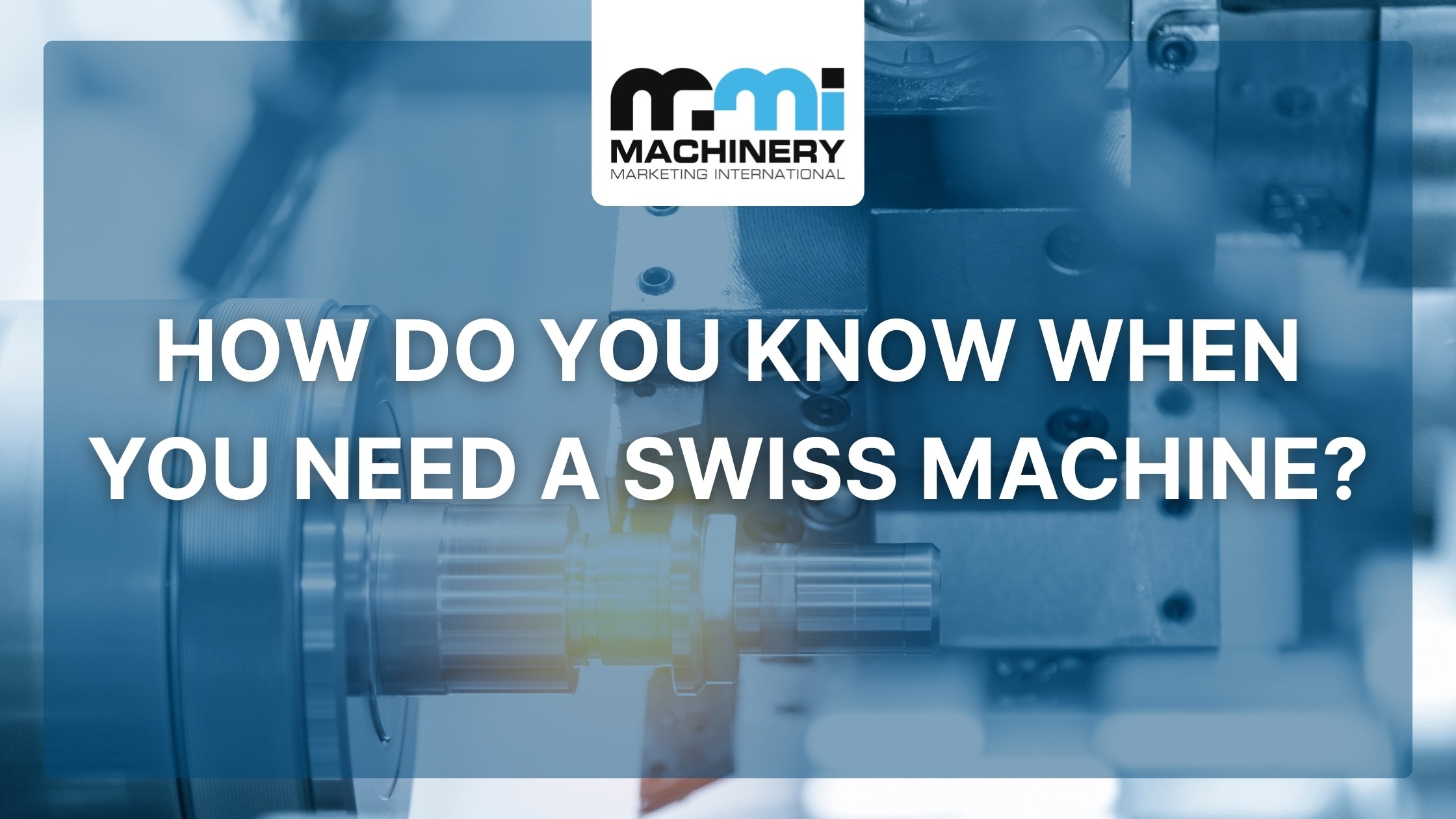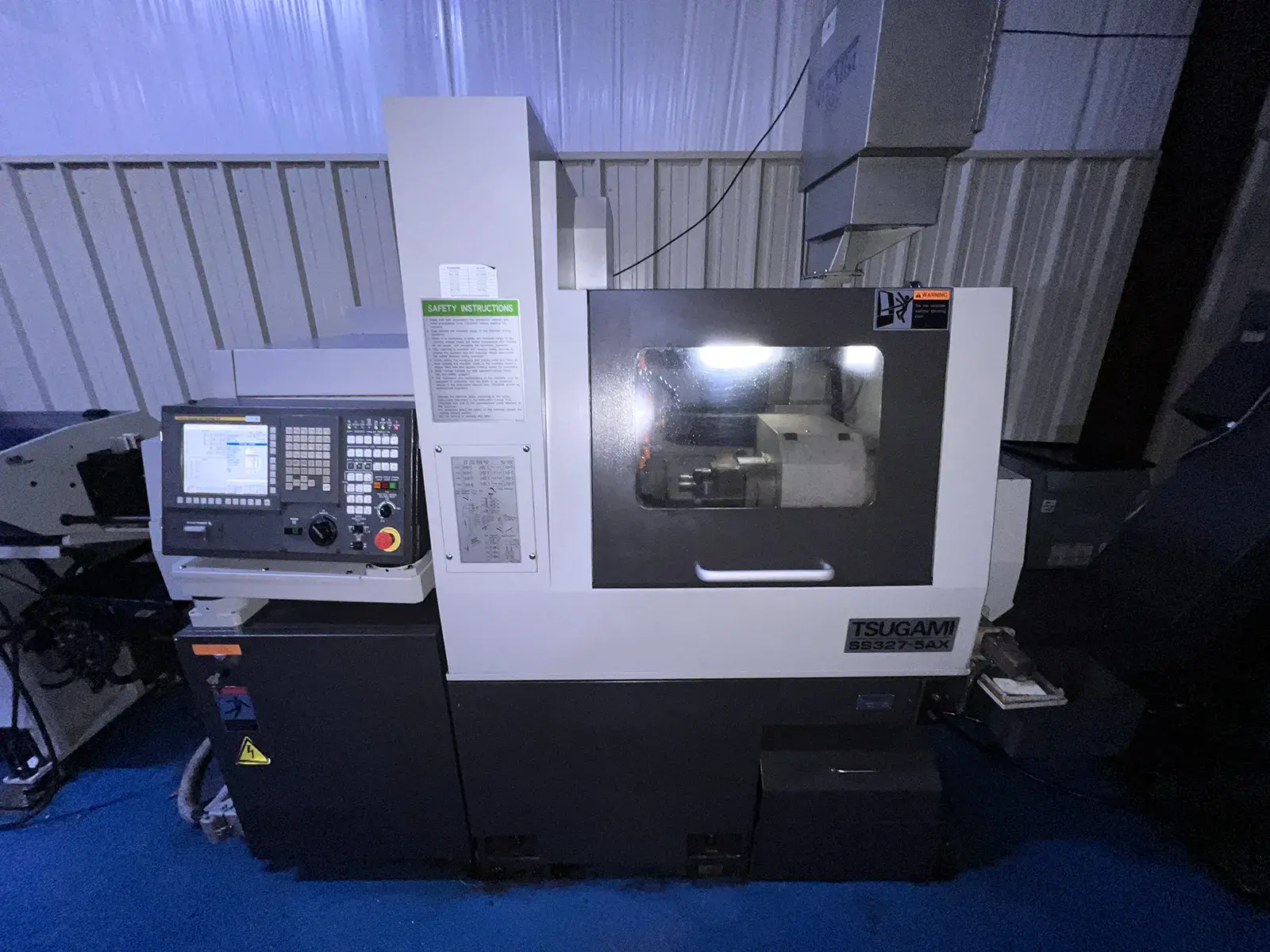
So, you've done some reading, talked to your friends, consulted your astrologist, and you've decided it's time to get into the world of CNC machinery. Perhaps you've been using manual machines and you're ready for an upgrade, or maybe you're just getting into machining for the very first time; whatever the case, here are the 6 essential things to keep in mind when looking for your first CNC machine. Pay close attention, because going in blind could be disastrous.

"Oops."
6. Know Your Projects
Odds are if you're ready to consider investing in a CNC machine that could cost you thousands of dollars, you've got at least a rough idea of what you want to make with it. Still, making sure you fully understand what sort of parts you're trying to build is very important. Obviously you're looking for the right kind of machine for your projects' needs, but what exactly does that mean? Well, what about the metal? Different machines can handle different grades of metal. Size is also important: how big of a workplace will you need?
 This is basically what we're trying to avoid here.
This is basically what we're trying to avoid here.
How much precision will you need to make the parts you want to? How about speed? Is it important to you that you're able to get jobs done quickly, or are you willing to settle for a slower model if it means more accuracy or a lower price? All of these can be easily answered as long as you understand what exactly you want to do with your machine once you get it.
5. Understand the Full Cost
The most obvious thing you're going to be looking for in your first machine is the price. Whatever you do, it's unfortunately an inevidability that a CNC machine is not going to be cheap.

"We're gonna need a bigger pig."
That doesn't mean we can just write it off as a loss though, in fact it's all the more reason to make sure you get the most bang for your buck possible. For your first rig you're likely going to be looking for a used CNC machine, which'll save you a lot of money, but any large piece of equipment is always going to be quite an investment, so picking an affordable model is important. When considering money though, an important piece that is often overlooked by newer machinists is the price of replacement parts. Any machine, used or new, is going to break down eventually, through no fault fault of your own, and you're probably going to have to fix it.
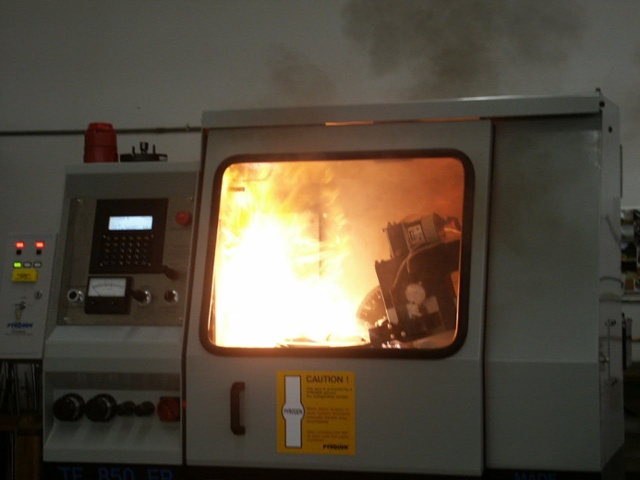 Maybe a little fault of your own.
Maybe a little fault of your own.
Look into the price of spare parts for your make and model; most shop owners actually consider price of replacement parts more important than the upfront price of the machine.
4. Become Familiar With Your Brands
In any field with a healthy degree of competition, brands are going to have to carve out their own niche to survive, and as such each is going to have its own reputation among the community. Some companies set themselves apart by their machines. For example, used Fadal machines are known for being sturdy and relatively affordable, while Mazak machines are frequently more expensive, but with more comprehensive programming features. Other companies may stand out by their corporate values. Haas manufactures all of its parts in the US and has great customer service. While not as important as the price or specifications, understanding the pros and cons of buying different brands can easily tip the scales in favor of one machine or another.
3. Make Sure You Can Program Your Machine
Perhaps the most common mistake, especially among experienced machinists making the switch to CNC for the first time, is buying a machine that's too hard to use. This happens far too often: assuming he understands everything he needs to, a guy simply goes to a trusted vendor and finds a sturdy machine for good price and seals the deal, thinking he's made off like a bandit—only to get it back to the shop and be greeted with an esoteric digital soup of an interface.

"Sorry, I don't speak... that."
Indeed, not all CNC machines ared create equal, and each brings its own challenges and advantages when it comes to coding. If you're new to operating CNC machines at all you'd probably be best looking for a model that uses conversational programming as, while a bit limiting, it's a good place to start and doesn't require much of a coding background. If you've worked with CNC machines before though, and it's simply your first time owning, just take the time to figure out the style of programming you're already most familiar with and seek out a compatible rig.
2. Make Sure the Damn Thing Works
So this one sounds like a no brainer—of course you have to make sure your machine works—but knowing to do it and knowing how to do it are two completely different things. Ultimately you'll probably want to hire a qualified technician to take a look at any piece of equipment before buying it, but there are some problems you can probably catch on your own.

Knowing ahead of time about common issues like improper care or inadequate electronics can certainly ease the process. We previously wrote an article on avoiding common mistakes when buying CNC machines, which should cover most of these on a basic level, but a machinist or sales representative would likely know more.
1. Don't Be Afraid to Ask Questions
You may have noticed a running theme in all of these tips, and that's to ask for help. This isn't some sort of cop out; every machine is different, and so is every machinist. Research is great, but it can never answer every question you might have. Sometimes, even with machinery, the best thing you can do is get the guidance and intuition of someone more experienced than yourself. So, before you go sinking your life savings into a 5-axis, be sure to talk to a local machinist, join a machining forum, or contact us at MMI and get any questions you have answered. CNC machinery is a huge investment, but it can absolutely be worth it so long as you go about it the right way.
